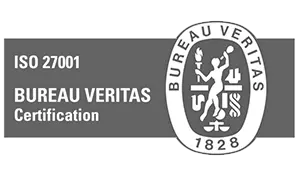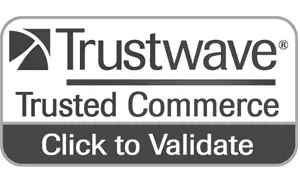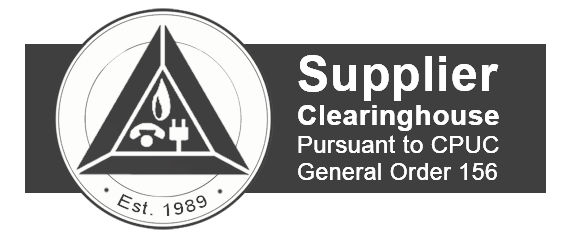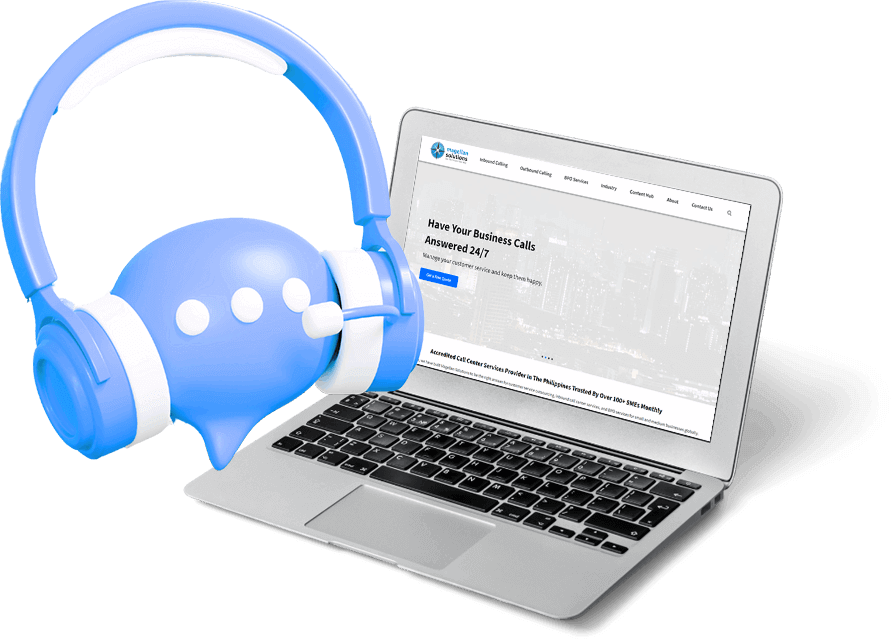Accredited Call Center Services Provider In The Philippines Trusted By Over 100+ SMEs Monthly
For over 18 years, we have built Magellan Solutions to be the right answer for customer service outsourcing, inbound call center services, and BPO services for small and medium businesses globally.


SME-Focused Business Model
We are literally in the growth market. Our services focus on helping SMEs expand and improve their BPO and call center operations. We're here for the long and fruitful haul.


Top-Notch Talents
We screen and hire talents to work on your projects using 2 equally important factors: the skill to do and the character to do it well.


KPI Setting & Benchmarking
We love progress and to track it, we help maintain KPIs. But mostly, we help business owners SET them properly for growth and scalability.


Flexible Pricing Options
We have both dedicated employee pricing and shared services available to help with your campaigns. You can scale with us without investing in the heavens. Yet.














Inbound Call Center Services
Maintain or increase your customer satisfaction rating up to our current 95.63% average benchmark for consumer goods. Get price per call or packaged options depending on your need and size of business. We're here to make it work and give 24/7 results that convert.
Get 24 7, 365 days a year answering service for your business perfect for after-hours and overflow calls.
Hire top-of-the-line virtual assistants for your business operations covering general admin work to specialty functions.
Get the best of both worlds with actual human answering service and integration of an IVR system for your business.
Engage with your customers correctly and measure your agents' success through our in-house trainers and QA facilities.
Onboard only certified IT Help Desk Professionals (Tier 1 - 2 support), pre-sales, and business application support.
Unlock ISO-certified, HIPAA-compliant, and GDPR-compliant full-service contact operations support for your company.
Multilingual Call Center Services
Penetrate the new market without worrying about the language barrier. We offer up to 12 languages for call-handling services.


Generate Optimum and Scalable ROI with our pre-qualified leads lead generation services. Sell your products and services with us!
Enjoy real-time reporting as we gather pre-qualified leads ready to convert into your paying customers.
Ensure reliable scheduling for your b2b, legal, and medical requirements with our hassle-free appointment-setting service.
Our sales cold calling services come in a duo of well-trained agents plus proven sales tactics. Call us and see for yourself.
Skip the usual route with us connect directly with your leads and sell your products and services to them.
Obtain feedback from the market with our expert research process market and research specialist staff.
Verify, score, and qualify your customer survey data with us or we can make a process to collect them for you!
Looking for an inbound answering service? Avail of our free answering service trial.
BPO Services
Outsource your back office requirements at the price point that makes sense for you. We specialize in SME BPO support such as data entry, medical coding and billing, order processing, accounting services, LPO, and more! We help you connect with the right talent to help enhance and expand your business.
Call Center Outsourcing Services
We specialize in handling businesses that have online stores, mail-order services, telemarketing core, and tech companies.
Our virtual assistance includes full administrative support, hiring & payroll services, and more.
Subcontract our specialists for transcription, legal, content moderation, and digital marketing requirements.
Protect your business online with our content moderators. We help manage text, video, and images for social media and eCommerce.
Improve the efficiency of your data with our data cleansing, entry, processing, and verification services.
Save as much as 70% on your business operation expenses as we provide high-quality customer support.
We help in borrower communication, loan processing service, and updating of your client list without the range minimums.
Prevent bad debts, improve your cash flow, and complete your AR collections by streamlining your debt collection process with us!
Outsource Form Processing Services
Minimize your form processing costs by getting the help of our detail-oriented form processing services.
Certificate Intelligent Document Processing
Our document processing services can help you ensure your certification and legal applications get processed at the time you need them.
Magellan Solutions By The Numbers
Years
Clients
Inbound + Outbound + Back Office
Clients
based in the United States
Lower Attrition Rate
Contact us today for a free 60-min consultation
Thinking about outsourcing? Send us a message for a free 60-min consultation.
We'll read it and set up a call ASAP!
You can also contact our numbers:
Toll Free: 1 800 371 6224
US: +1 650 204 3191
UK: +44 8082 803 175
AU: +61 1800 247 724












